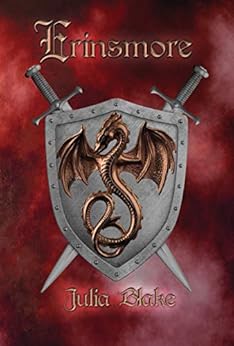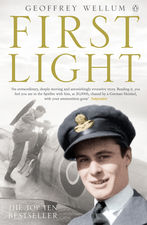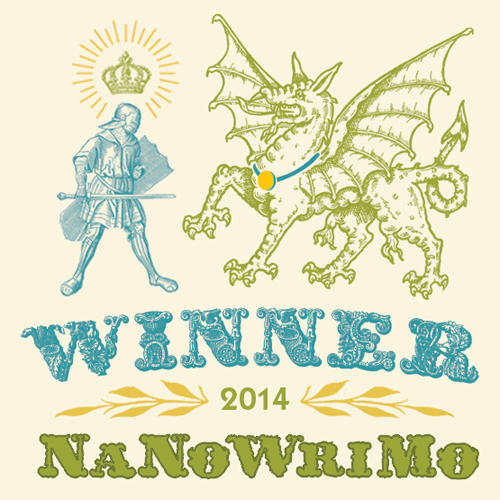Reading.
Well, OK, not this week but I have been reading so I am going to review a couple of books I enjoyed, so here we go.
Erinsmore by Julia Blake
 At a recent event … well … not that recent – last year’s Christmas Fayre … I happened on a bunch of local authors. Julia Blake is one of them. Having discovered that I was not the only
At a recent event … well … not that recent – last year’s Christmas Fayre … I happened on a bunch of local authors. Julia Blake is one of them. Having discovered that I was not the only gay in the village writer in Bury, I have been methodically reading my way through my compadres’ books, one at a time.
As a nipper, I grew up reading the Narnia books, Five Children and It, that kind of stuff so I love things that are a little bit quirky and different. I am a total sucker for anything that involves folks switching from one reality to another so the minute I saw the premise of this book, purchasing it was a given. Similarly to Narnia, the parallel reality in question is a magical world without technology but the legends upon which Erinsmore is based are Arthurian. The story switches from the parallel world to this one and back.
The writing style appealed to me and it was definitely compelling. Do NOT start this book at the beginning of a busy period. Having to put it down and attend to Real Life will do your head in. I was swiping pages on my e reader and was completely absorbed for the entire time I took to read it. McOther was a book widower and McMini a book orphan until I was done.
OK so this is where I have to confess to reading all the Baroness Orczy, Scarlet Pimpernel books – because the only thing that’s as good as a parallel magical world is people with swords and frilly shirts fighting duels right? Right. The reason I mention that here is because I was hugely reminded of all the best things about Orczy’s style in Julia Blake’s. Erinsmore is a lot better written than Orczy’s but there was that same sweeping epic … epicness? Is that a word? There was a sweeping epic nature to this story that was similar. That echo gave the book an added quirk of familiarity which made me enjoy it more.
The premise of the story is a classic battle of good versus evil and I particularly liked that breakthroughs and good fortune were earned or came at a price. It was not all roses. Respect had to be earned, people had to be won round, outlooks changed through discussion, fights won with intelligence and skill. I liked that there many of the traditional tropes we know and love but that they were dealt with in a different and individual way. The characters were decently fleshed out and believable. Everyone in the story went on some kind of journey and although to start with, I identified most with Ruby, you’ve gotta love her sassy older sister Cassie. It is, in short, a glorious romp that should appeal to fantasy fans … and possibly Orczy fans ;-).
While this is the kind of book that is pretty much written to order for someone like me – I’m a fifty something dreamer – I think it would also appeal to the right kind of teenager. Aged about fourteen, I would have loved this. I’d have been pestering my parents to make a trip down to Tintagel and if I succeeded, looking for that mysterious shop. Blimey yes and if I ever found it, I’d but off to Erinsmore like a rat up a pipe.
Oh. And did I mention the dragons?
Great fun. Recommended.
Starship Waking: Archangel Project. Book 4
 This book is one I happened upon ‘talking’ internetly (which probably isn’t a word) to other authors on a Facebook group. Yes, I am probably one of the few people who uses social media for actual social purposes. Writing is a solitary profession and I spend a fair chunk of my time sharing stupid pictures on my fan group or chatting to other authors in various Facebook groups; comparing writing techniques, marketing strategies, suppliers and services … or just having a good old gossip. During one of these conversations C Gockel’s name popped up. I had seen comments from her and chatted to her in passing from time to time, but I had not realised her books were funny as well as sci-fi. I asked her if she could recommend one and this is the one she suggested.
This book is one I happened upon ‘talking’ internetly (which probably isn’t a word) to other authors on a Facebook group. Yes, I am probably one of the few people who uses social media for actual social purposes. Writing is a solitary profession and I spend a fair chunk of my time sharing stupid pictures on my fan group or chatting to other authors in various Facebook groups; comparing writing techniques, marketing strategies, suppliers and services … or just having a good old gossip. During one of these conversations C Gockel’s name popped up. I had seen comments from her and chatted to her in passing from time to time, but I had not realised her books were funny as well as sci-fi. I asked her if she could recommend one and this is the one she suggested.
The hero of the story is a robot. In fact he’s a sex bot called 6T9. That amused me for starters. As the story opens he’s stuck on an asteroid. His previous owner, for want of a better word, has just died leaving the asteroid to 6T9 so long as he stays there and looks after her pet werfle – a kind of cross between a cat and the kind of small, spoiled, yappy dogs that bite your ankles a lot. Only with more legs. Think Trickywoo with venom if you’ve read the James Herriot books. This is not the ideal answer for 6T9. His programming compels him to seek a companion. Then he is asked to undertake a rescue mission to a luddite world where robot beings are banned in order to rescue a sentient ship which is in distress.
At the time I read this book, I was writing one of my own. I’d just written a scene where the somewhat eccentric main character of my series was dressing himself in purple canvas jeans with a hideous orange, yellow and red silk shirt. Having finished that scene, I picked up this book, and proceeded to read a scene where 6T9 describes himself as wearing purple suede trousers and a gold lame shirt. I knew this was my kind of book already, but I was certain from that moment on.
6T9 turned out to be a lovely protagonist. Having been upgraded from bimbo to something altogether more human with a special chip that allows him to understand things like irony, he has a wit and wisdom that I really liked. It worked especially well when he ends up on a world where robots and AI are banned as evil since he, the ‘evil’ robot has the kind of compassion and humanity that made him rather more humane than the … well … humans involved. I also liked that his ’emotional’ reactions were robotic, flaring circuits et al, and he rationalises them as nothing more than programming. Meanwhile the heroine of the story, who is a sort of were species and lives in penury as a second class citizen, has a kind of hesitant sweetness that had me wanting her to be rescued from the start. Our final protagonist is the small furry werfle ‘pet’. Not the Snowy/Tin-Tin type side kick you might be expecting.
The relationship between the characters is wonderful but I especially loved the exchanges between 6T9 and other computer entities, and of course, the werfle. And I laughed out loud at a couple of bits. Especially moments where 6T9s chip falls out and starts behaving like a complete bimbo. It made me want to go read the first book to see if that’s how he starts out.
What I loved about this book was the complexity, the subtle cleverness of the world building and the way that for all its humour, it had a solid and compelling plot. There were dicey moments for our intrepid trio, there was suspense, action and excitement as they were pursued from pillar to post searching for the ship they are there to rescue. Funny books don’t always have a plot, sometimes the funny takes precedence. All in all it was a great fun read and the minute I’d finished I went and bought a whole bunch of the other books. In fact I’ve just realised that book one is free at the moment, so I must go and download that too.
This one, also highly recommended.












